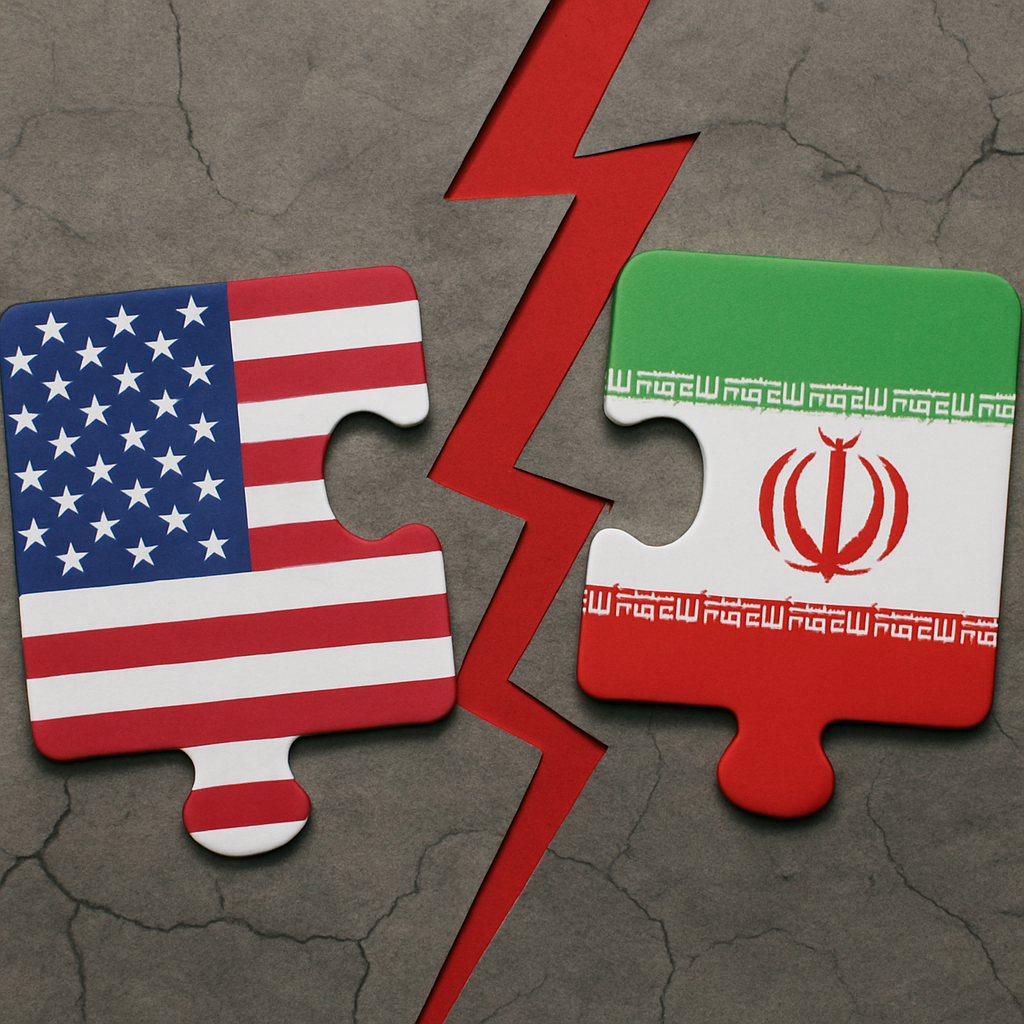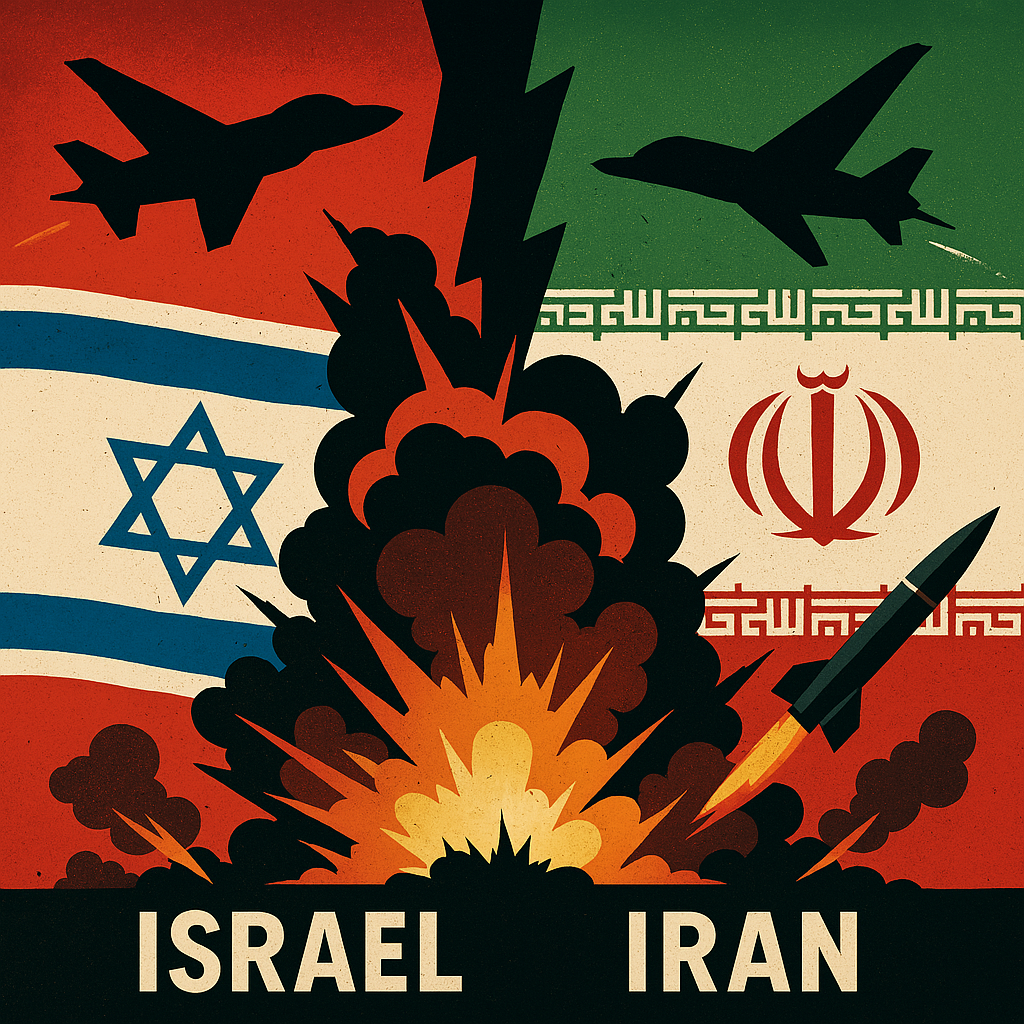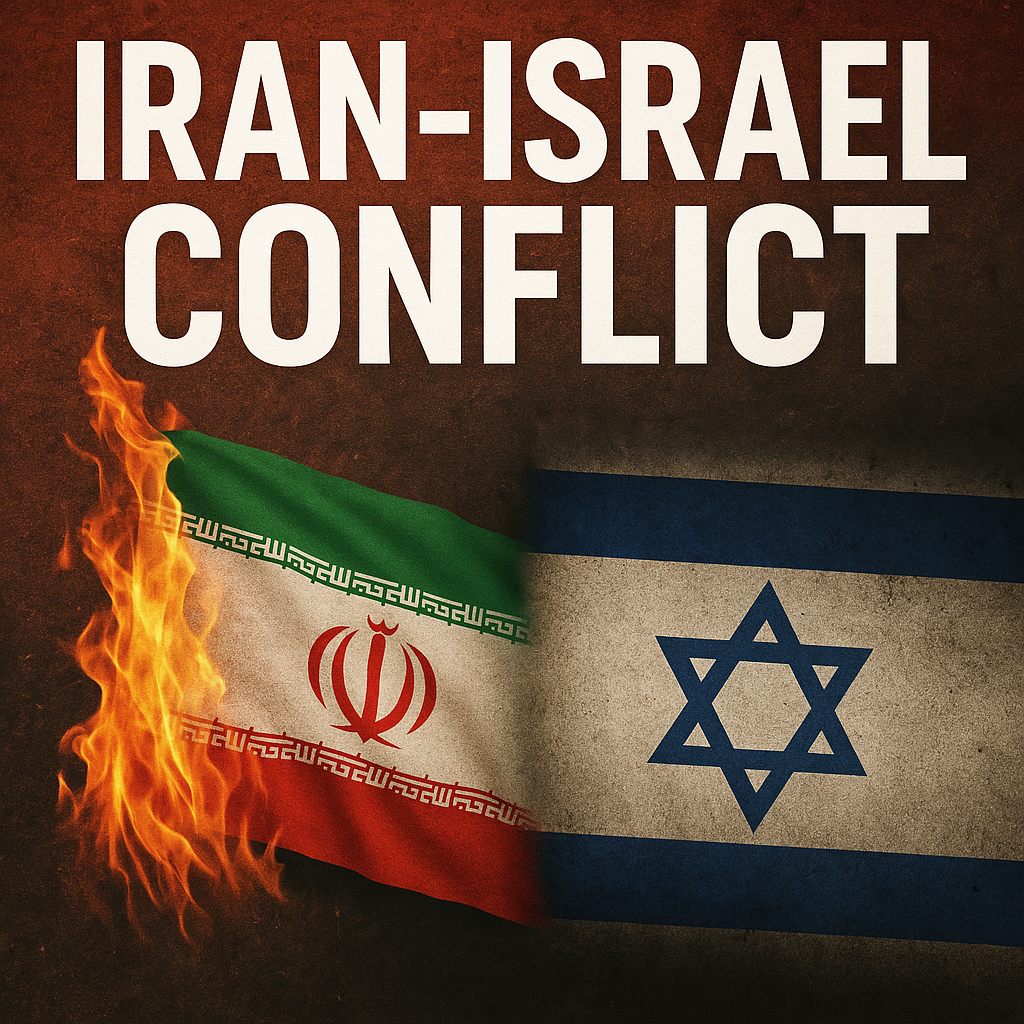June 22, 2025 | Washington, D.C. / Tehran
The United States has carried out a series of targeted airstrikes on Iranian military installations in what officials describe as a response to recent hostilities in the Persian Gulf region.
According to a statement from the U.S. Department of Defense, the strikes targeted radar sites, missile batteries, and command centers linked to Iran’s Islamic Revolutionary Guard Corps (IRGC). The action follows a drone incident earlier this week in which a U.S. Navy destroyer sustained damage during a patrol near the Strait of Hormuz.
Pentagon Statement
In its announcement, the Pentagon stated that the military operation was a “measured and defensive action” taken to “reduce the threat to U.S. personnel and regional partners.” Officials confirmed that the strikes were carried out using precision-guided munitions and were limited in scope.
No U.S. casualties have been reported as a result of either the drone incident or the retaliatory strikes.
Iran’s Response
Iranian state media confirmed the occurrence of airstrikes and reported damage to military infrastructure as well as casualties, though details remain unverified. In an official statement, Iranian authorities condemned the action and accused the U.S. of violating Iranian sovereignty and international law.
The Iranian government has pledged a response, but has not specified what form that might take.
International Reaction
The international community has reacted with concern to the developments.
- United Nations Secretary-General António Guterres urged both countries to “exercise maximum restraint” and called for immediate dialogue to avoid further escalation.
- The European Union echoed these sentiments, expressing worry about regional stability.
- Russia and China issued statements critical of the U.S. action, while Israel and some Gulf states have backed the American position.
Regional Implications
Analysts warn that while the strikes appear limited, they risk triggering further tensions in a region already strained by geopolitical rivalries, economic sanctions, and proxy conflicts.
Oil prices have spiked in global markets following the news, and airlines have begun rerouting flights to avoid Iranian airspace. The Gulf Cooperation Council is expected to meet in the coming days to assess the situation.
Outlook
Both Washington and Tehran remain at odds over a range of issues, including nuclear activity, maritime security, and regional influence. While diplomatic channels remain open through intermediaries, the current exchange marks one of the most serious confrontations between the two countries in recent years.
This story is developing, and updates will be provided as more information becomes available.



